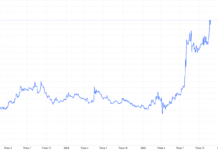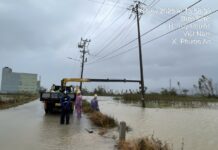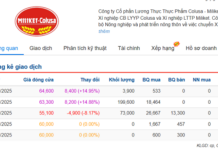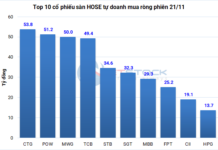In the report titled “Vietnam: Positive Start to 2024” from UOB’s Global Economics & Market Research, analysts assess that the State Bank of Vietnam (SBV) responded swiftly to challenges and economic headwinds early in 2023 with successive cuts to interest rates. The last policy rate cut was in June 2023, bringing the refinancing rate down by a cumulative 150 basis points to 4.50%.
However, with economic activity picking up and growth prospects for 2024 looking better, the likelihood of further rate cuts has diminished but should not be completely ruled out.
Recent pickup in inflation may also make the SBV more cautious about any further changes to the policy rate. And instead of extending rate cuts that are limited by a binding lower bound, the government has shifted its focus towards non-interest rate measures to support the economy.
One key area of focus is lending growth from the banking system that was rather muted earlier this year (up by just over 1% as of April 10, 2024 against more than 2% during the same period last year – Editors). In 2023, bank credit grew by 13.5% y/y, slightly below the 14-15% target set for the year, as the regulator asked banks to simplify lending procedures and improve businesses’ access to bank loans. For 2024, the SBV aims to facilitate credit growth of around 15%, with flexibility to adjust based on economic developments during the year. UOB economists believe that it may take a while for loan demand to return to normal, given multiple factors.

However, UOB also notes that there will be more tools in the SBV’s armoury to manage liquidity in the system. The recently revised Law on Credit Institutions, which took effect from July 1, 2024, provides the framework for special loans from the SBV, including non-interest and non-collateralized loans, which can be targeted for specific policy objectives to support key sectors and to undertake emergency liquidity operations when necessary, such as in the event of bank runs. This reflects the government’s strong commitment and toolkit to support key sectors and respond to emergencies.



































